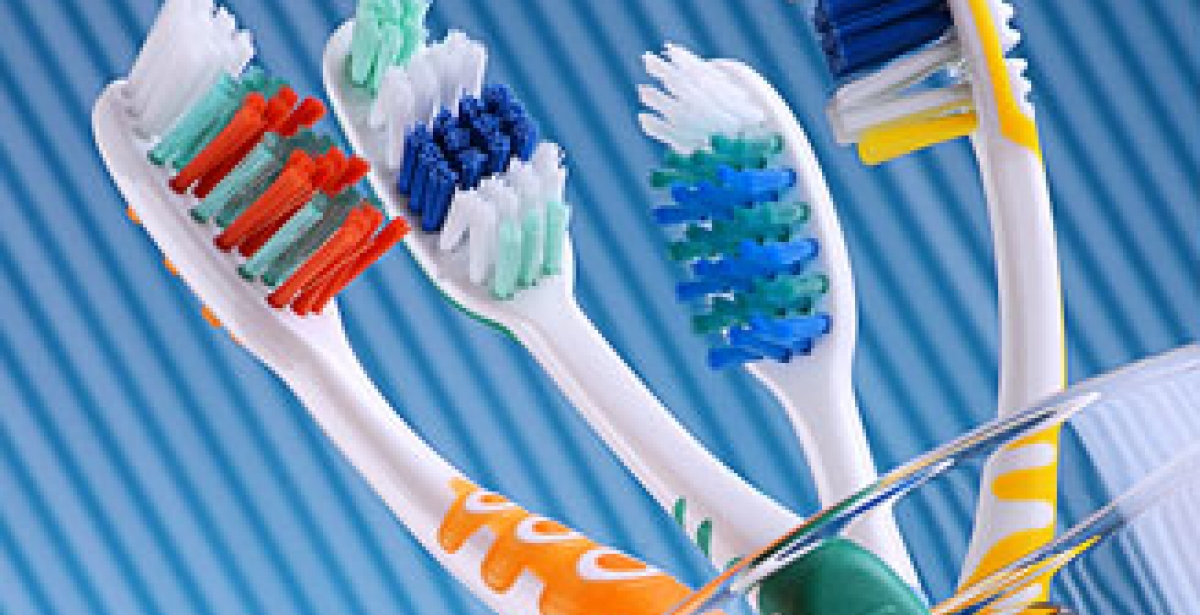
The debate continues: is fluoride really good for your teeth?
Fluoride is a highly debated topic that affects everyone, all around the world. It even affects you, your daily life, and your lifelong health. Fluoride is a mineral that's found naturally in soil, water, and food. Many agree that fluoride has benefits, but it can also be toxic if consumed in high doses.
The main benefit of fluoride is that it helps prevent tooth decay by making teeth more resistant to acid. Acid forms from built up plaque bacteria and sugar. This acid damages the protective minerals in the enamel. Fluoride is not only beneficial to lifelong oral health, but it's especially important during the early development of permanent teeth in young children.
Fluoride is found in toothpastes and mouthwashes. There are also special fluoride treatments and supplements offered by dentists. But excessive fluoride can have negative effects, the biggest being fluorosis. This defect in the tooth's enamel causes a stained appearance and is most common in children younger than 6 years of age, when the teeth are still forming.1
There is much debate about the effects of fluoride. Many people question whether the benefits outweigh the risks, but the larger debate comes from fluoridation of public water.
Fluoridation of water started in 1945 in the United States. Studies show that frequent contact with low levels of fluoride through the drinking water reduces tooth decay by about 25 percent over a person's lifetime. Currently, 74 percent of the U.S. population has access to water containing fluoride, but the Center for Disease Control (CDC) hopes to increase this number to 80 percent by 2020.2
Fluoride levels between 0.8 and 1.2 milligrams per liter maximize the benefits and minimize the harmful effects. Long-term exposure to fluoride levels higher than 4.0 milligrams per liter can cause skeletal fluorosis resulting in joint stiffness and weak bones. Despite regulations, many argue there is no real way to measure and control how much fluoride ends up in the drinking water. Depending on where you live, your dental hygiene habits, and your diet, you could be exposed to more or less fluoride than others. Some people have an ethical objection to this substance being added to public drinking water.3
The fluoride debate is one that continues among scientists, health officials, and the general public. With a career in dentistry, you could be well-informed about current issues that affect your daily life and overall oral health. YTI Career Institute's Dental Assisting program prepares you with the working knowledge and skills you'll need to become an important part of a dental team. With training from YTI, you could be ready for a career as a Dental Assistant in as little as 9 months. The Dental Assisting program is offered at three convenient locations. Find a campus near you today!
Resources:
1. http://www.webmd.com/oral-health/guide/fluoride-treatment (visited January 28, 2015)
2. http://www.cdc.gov/fluoridation/basics/index.htm (visited January 28, 2015)
3. http://www.who.int/water_sanitation_health/naturalhazards/en/index2.html (visited January 28, 2015)


